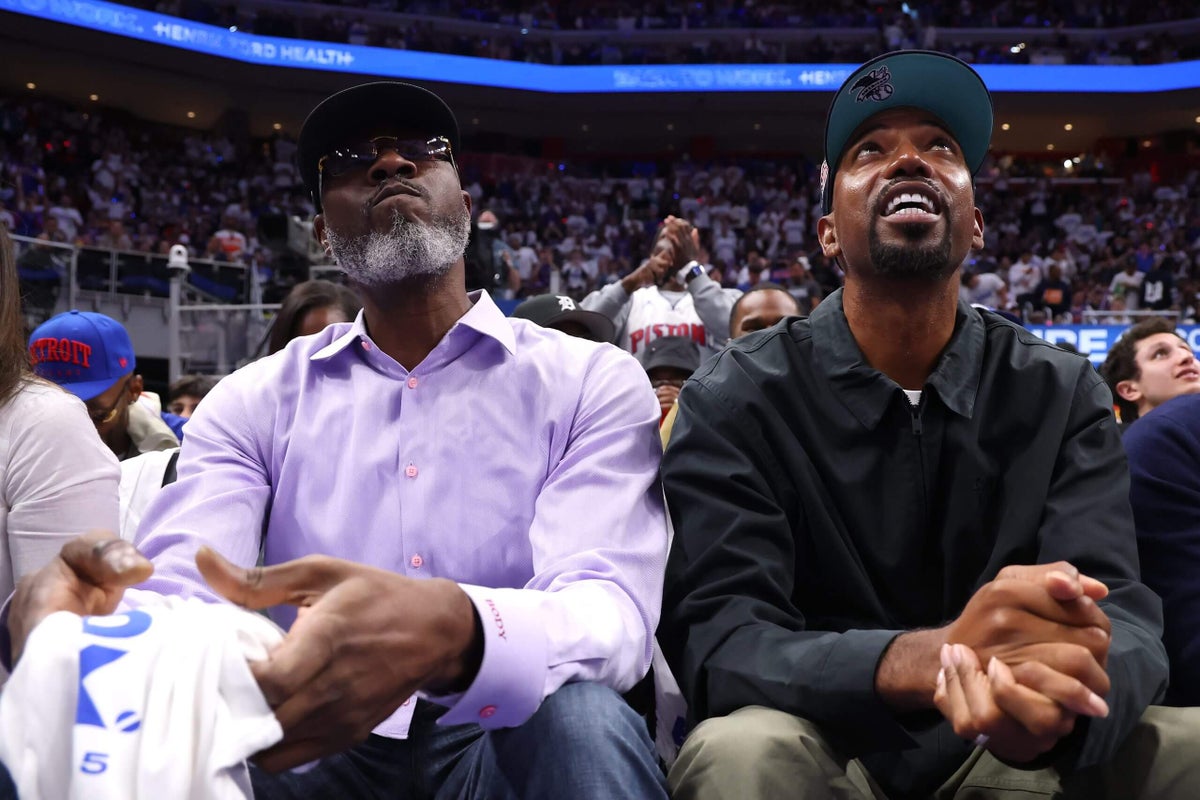

NEW YORK — Richard “Rip” Hamilton, the Detroit Pistons’ leading scorer during their 2004 NBA championship run, couldn’t help but text J.B. Bickerstaff.
The Pistons’ head coach had just been ejected in what would become a 123-104 loss to the Minnesota Timberwolves on March 30. The two teams got into a scuffle, and Bickerstaff didn’t hesitate to enter the fray. His willingness to stand on the frontlines alongside his players, particularly Isaiah Stewart in this situation, contributed to what Hamilton called his proudest moment of Detroit’s 2024-25 regular season.
Advertisement
“That moment I was impressed with the most,” Hamilton told The Athletic ahead of the Pistons’ Game 5 win-or-go-home matchup against the New York Knicks. “Because J.B. had (Stewart’s) back. (Stewart’s) teammates had his back. I texted coach Bickerstaff, and I told him, ‘I appreciate what you’re doing for the team, but most importantly, I appreciate you having the guys’ backs.’
“We know that the fans of Detroit respect grit; they respect the grind. The culture that’s being set is the same type of culture that we had when we played.”
Before building the Pistons culture that the present-day version of the team is trying to conjure up, Hamilton spent his first three NBA seasons with the Washington Wizards.
During his first season in Detroit in 2002-03, after being traded to the Pistons for Jerry Stackhouse, Hamilton found himself in a 3-1 series deficit against the Orlando Magic during his first playoff experience. A then 25-year-old Hamilton averaged 21.9 points on 44.9 percent from the field, trailing only Chauncey Billups (22.6) on the Pistons in scoring that series.
Hamilton, whose No. 32 jersey hangs in the Pistons’ Little Caesars Arena rafters, has the institutional knowledge of how to overcome a typically insurmountable 3-1 series deficit, the type Detroit is facing entering Game 5. To understand how the Pistons can do so now, it’s first necessary to shed light on how Hamilton and his team did so back in 2003.
“The No. 1 thing was, one game at a time,” Hamilton said. “I think sometimes, when you’re down 3-1, you try to get it all back in one game. That’s not going to happen at all. You’ve kind’ve got to break the game down into quarters. Our goal, and my goal at the time, was win the first quarter of Game 5.
“Especially for the team now, you can’t look at just trying to get through the whole series. It’s like, ‘We go to New York, and we steal one; we’ve already won one game there.’ Then the pressure is going to be on (the Knicks) because now (the Pistons) get another game back at their home court. And if (Detroit) gets that game, they’re going back to Game 7 on (New York’s) home court.”
Advertisement
Hamilton played 120 of his 130 playoff games with the Pistons, averaging 20.6 points, 4.0 rebounds and 3.7 assists across seven postseasons. If anyone understands the pressures of producing during the playoffs, especially with “Pistons” across his chest, it’s Hamilton. He saw nearly every coverage and scheme imaginable in his 14-season career. He can directly relate to the learning curve the postseason presents — the learning curve Cade Cunningham and Detroit are experiencing now.
“The biggest thing I would tell (Cunningham) is, the playoffs is the battle of wills,” Hamilton said. “It’s not about X’s and O’s, it’s a battle of wills. In the playoffs, the Knicks know everything that (Detroit) is going to do. They know everything you do well. They’ve had a week to two weeks to prepare for this moment, so they’re going to take away all of your strengths. That doesn’t mean that you still can’t get to it.
“I get it, they’re trying to get the ball out of his hands. But sometimes, he might have to take 25 shots, because your guys are counting on you to carry them, especially in those moments. Cade is such an unselfish player, which is amazing. He’s almost like LeBron (James) when it comes to that; he’s always going to make the right play. But it’s a battle of wills. When you think you’re playing hard, there’s another level out there.”
Hamilton also harped on the Pistons’ need to finish games. Detroit entered the fourth quarter with a lead in three of its four games against New York in this series. Hamilton offered an adjustment for Detroit during the final 12 minutes of games.
“We’ve got to be better in the fourth quarter,” Hamilton said. “And that’s hard because they’re young. They don’t have the luxury of being in that position before, so a lot of their mistakes are just from being the younger ball club and not being there (before). I think the adjustment, especially in Game 2 (the Pistons made), was playing Dennis Schröder on the ball more.
Advertisement
“(New York) is trying to beat Cade up physically. They understand he’s the point, and Detroit wants him to score and initiate the offense. Giving (Cunningham) a blow when other guys on the floor can still create and make plays (is important). So, I thought one of the big adjustments would be playing Schröder more and hopefully getting Stewart back.”
Stewart is questionable for Game 5 due to right knee inflammation and played just 19 minutes in Game 1 before being ruled out for Games 2, 3 and 4.
However Game 5 goes, and however long the series lasts, Hamilton’s pride in the Pistons is clear. The growth Detroit has made from last year’s 14-win season to now competing in the playoffs, plus how the Pistons carried themselves through the losses, is what the Detroit legend is most fond of.
“It’s a great group. The (team) loves each other,” Hamilton said with a smile. “They never got discouraged, especially going through the season they had last year. I thought Cade’s leadership has been great during the whole process. Because again, his highs are never too high, and his lows are never too low. I just believe the team believes in each other. There are no egos. That’s the thing you’ve got to have to be a Piston.”
(Top photo of Ben Wallace and Richard Hamilton: Gregory Shamus / Getty Images)
This news was originally published on this post .






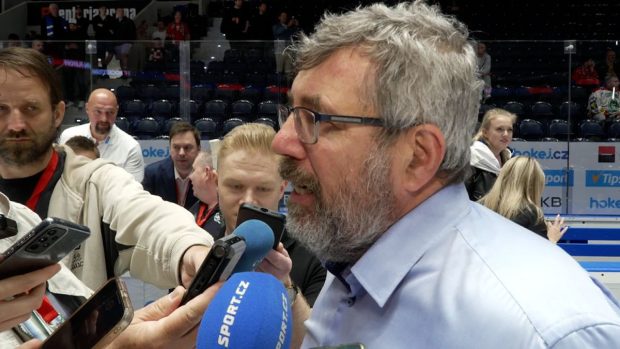
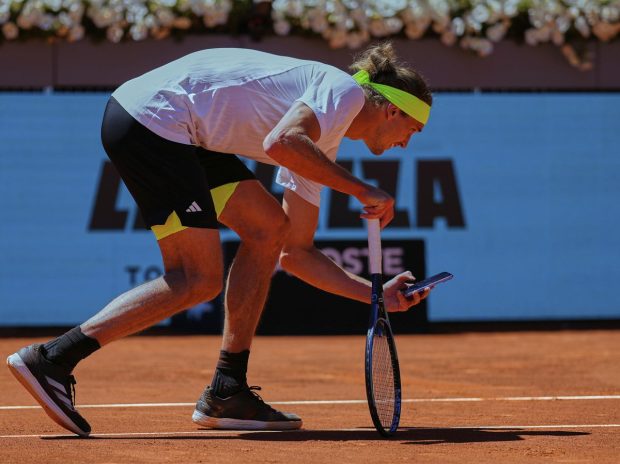
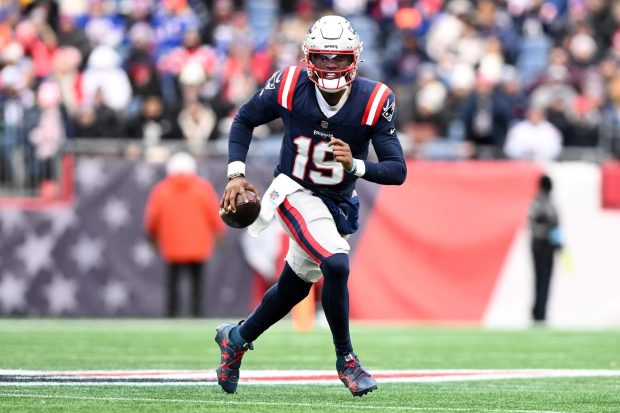
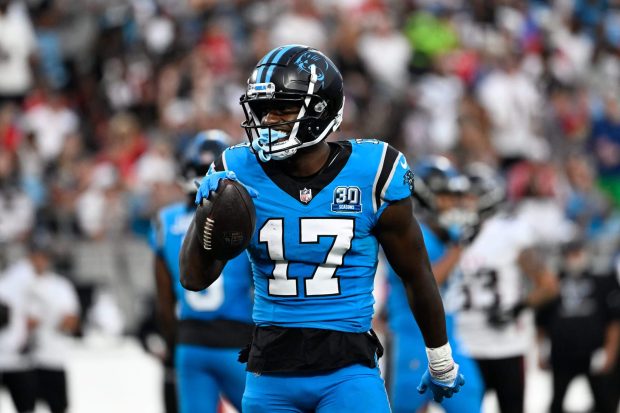
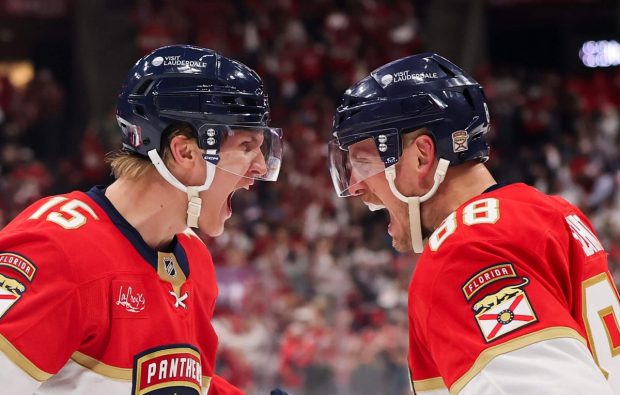
Be the first to leave a comment